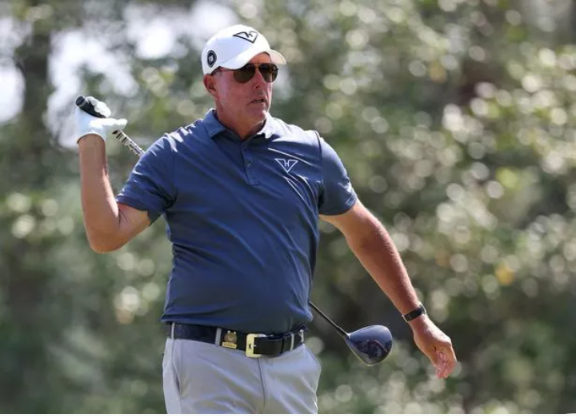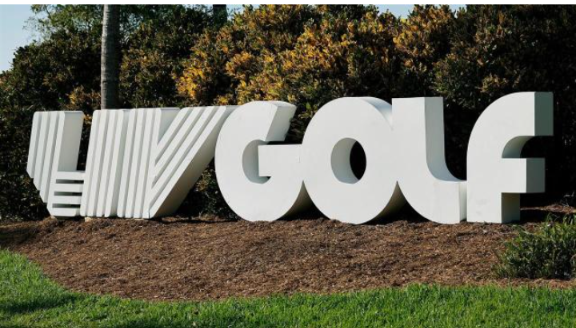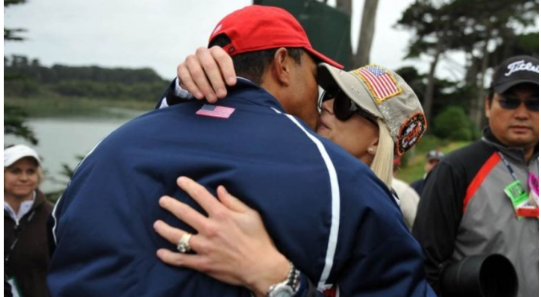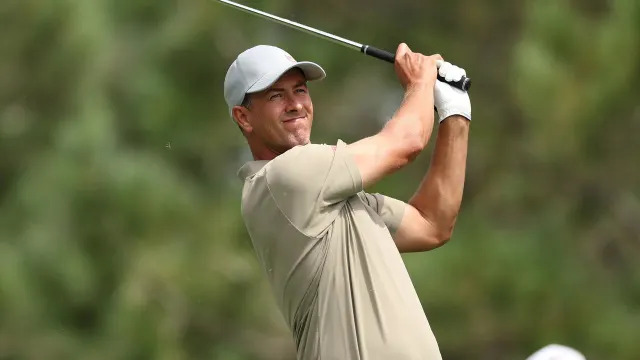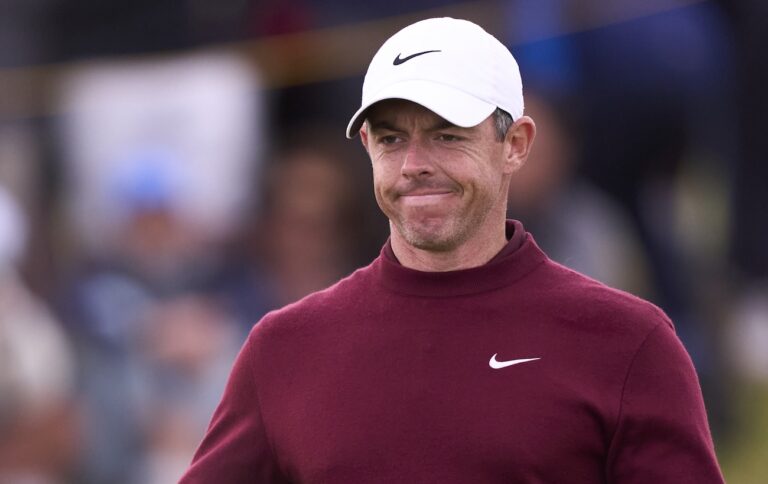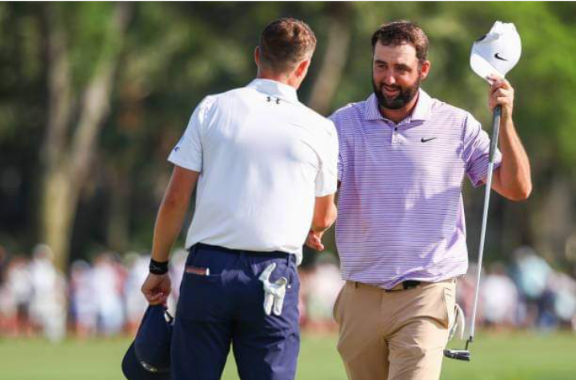U.S. Open: Phil Mickelson’s long walk into the sunset
Twenty-five years ago, on the 18th green at Pinehurst No. 2, Phil Mickelson was a central figure in one of golf’s most touching moments, surrounded by love and adoration. Fast forward to a recent Friday afternoon at the same spot, and the contrast was stark: Mickelson stood alone, tapping in for a double-bogey, the silence…
Twenty-five years ago, on the 18th green at Pinehurst No. 2, Phil Mickelson was a central figure in one of golf’s most touching moments, surrounded by love and adoration. Fast forward to a recent Friday afternoon at the same spot, and the contrast was stark: Mickelson stood alone, tapping in for a double-bogey, the silence around him almost palpable.
As Mickelson made the turn at 12-over for the tournament and moved to the first tee for his second nine of the day, a few sporadic calls of “Let’s go, Phil!” and “Thumbs up, Phil!” were heard, though they were far less enthusiastic and frequent than the cheers for his playing partner, Rickie Fowler. Walking down the first fairway, Mickelson was accompanied by only a handful of fans, a striking decline from the support he once commanded.
Reflecting on this scene, it’s astonishing how dramatically Mickelson’s status has fallen even from a few years ago. Once the beloved favorite of U.S. Open crowds, Mickelson resonated with everyone — from the refined spectators in the sponsor tents to the enthusiastic fans along the ropes. They saw a bit of themselves in him, admiring his bold approach to the game, where he played with a “swing away and damn the consequences” mentality. His record of finishing runner-up in six U.S. Opens wasn’t seen as a failure but rather a testament to his perseverance, continually coming back year after year, ready to take another shot at victory.
One clear indication of Mickelson’s decline can be seen in a subtle shift in the tournament’s organizational approach. In the past, particularly before the advent of LIV Golf, Mickelson and Tiger Woods were always placed on opposite sides of the draw. This scheduling ensured maximum television viewership and gallery attendance by keeping the two biggest stars separated. Today, Mickelson’s tee times are determined by wherever there’s an available slot, a stark contrast to the days when he was a major attraction. This year, he teed off just 22 minutes behind Woods, who still commands a massive following.
At this stage, Mickelson’s decline from U.S. Open favorite to a near afterthought is neither surprising nor unexpected. He isn’t the only star to fade after joining LIV Golf; others like Dustin Johnson, Lee Westwood, Ian Poulter, and Graeme McDowell are also notably absent. However, Mickelson’s fall from grace feels particularly poignant, almost Shakespearean. He played a key role in sparking the changes that upended his once-illustrious career and tarnished his long-built reputation.
The stark reality is that Mickelson brought this upon himself. By aligning with LIV Golf and its Saudi backers, he aimed to disrupt the PGA Tour and transform professional golf. While he succeeded in giving players a stronger voice in the business side of the sport and breaking the PGA Tour’s monopoly, this victory hasn’t won him favor with many golf fans. Some oppose LIV Golf on ethical or political grounds, while others simply miss seeing the world’s best players compete together more frequently than just a few times a year.
The U.S. Open remains the one major championship that has eluded Mickelson, preventing him from completing a career Grand Slam. Barring an extraordinary turnaround that would eclipse even his 2021 PGA Championship triumph, he is likely to end his career with this unfulfilled ambition. Thanks to his win at Kiawah, Mickelson has one more year of exemption left, making next year’s U.S. Open at Oakmont in Pennsylvania potentially his last. When that time comes, the crowds will gather to see him one final time, pondering what might have been and bidding farewell to a legend whose career, like his swing, often flirted with greatness but ultimately fell short of perfection.
